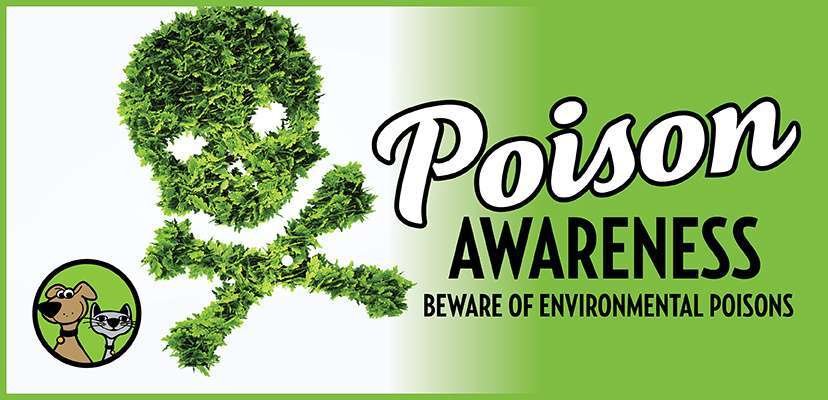Introduction
Environmental toxins are all around us, often undetected but with significant impacts on our health and the planet. These silent killers can come from industrial activities, agricultural practices, and even everyday consumer products.
Pesticides and Herbicides
Pesticides and herbicides are used extensively in agriculture to protect crops from pests and weeds. However, these chemicals can contaminate water supplies, harm wildlife, and pose health risks to humans, including cancer, neurological disorders, and reproductive issues.
Solutions:
- Support organic farming practices.
- Wash fruits and vegetables thoroughly before consumption.
Industrial Pollution
Industrial activities release a variety of pollutants into the air, water, and soil. These include heavy metals like lead and mercury, which can accumulate in the body and cause serious health problems. Airborne pollutants from factories can also contribute to respiratory diseases and cardiovascular issues.
Solutions:
- Advocate for stricter environmental regulations.
- Support companies with sustainable practices.
Plastic Pollution
Plastic waste is a growing environmental concern. Microplastics, tiny plastic particles, are found in oceans, rivers, and even the air we breathe. These particles can enter the food chain, affecting both wildlife and human health.
Solutions:
- Reduce plastic use by choosing reusable products.
- Participate in local clean-up efforts.
Conclusion
Addressing environmental toxins requires collective action and informed choices. By staying informed and advocating for sustainable practices, we can mitigate the impact of these silent killers on our health and the environment.
Introduction
Environmental toxins are all around us, often undetected but with significant impacts on our health and the planet. These silent killers can come from industrial activities, agricultural practices, and even everyday consumer products.
Pesticides and Herbicides
Pesticides and herbicides are used extensively in agriculture to protect crops from pests and weeds. However, these chemicals can contaminate water supplies, harm wildlife, and pose health risks to humans, including cancer, neurological disorders, and reproductive issues.
Solutions:
- Support organic farming practices.
- Wash fruits and vegetables thoroughly before consumption.
Industrial Pollution
Industrial activities release a variety of pollutants into the air, water, and soil. These include heavy metals like lead and mercury, which can accumulate in the body and cause serious health problems. Airborne pollutants from factories can also contribute to respiratory diseases and cardiovascular issues.
Solutions:
- Advocate for stricter environmental regulations.
- Support companies with sustainable practices.
Plastic Pollution
Plastic waste is a growing environmental concern. Microplastics, tiny plastic particles, are found in oceans, rivers, and even the air we breathe. These particles can enter the food chain, affecting both wildlife and human health.
Solutions:
- Reduce plastic use by choosing reusable products.
- Participate in local clean-up efforts.
Conclusion
Addressing environmental toxins requires collective action and informed choices. By staying informed and advocating for sustainable practices, we can mitigate the impact of these silent killers on our health and the environment.

